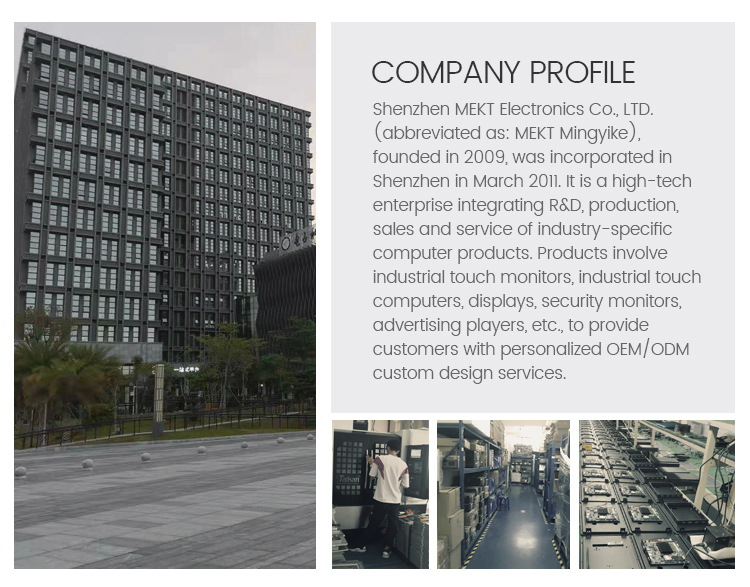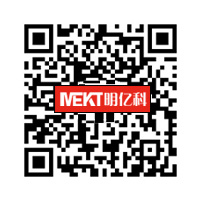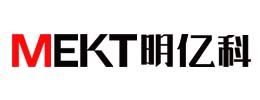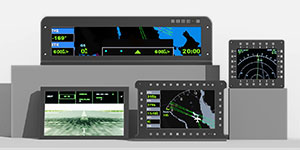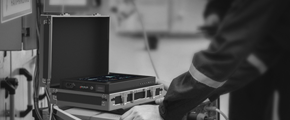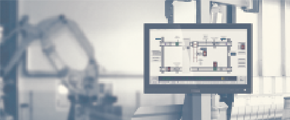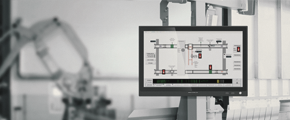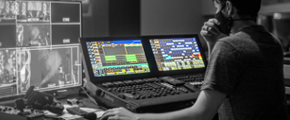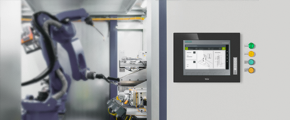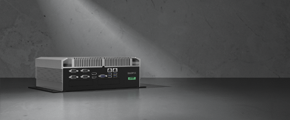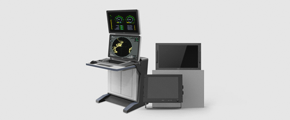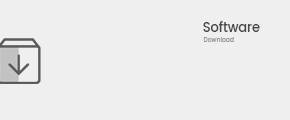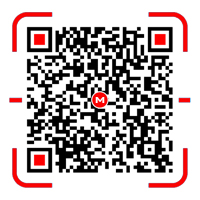Industrial tablet computers are specially designed tablet computers, mainly used in the field of industrial control and automation. Due to their high reliability and stability, they are widely used in various industrial production environments. This article will introduce the characteristics, application scenarios and selection considerations of industrial tablet computers in detail to help you better understand and select this device.
1. Characteristics of Industrial Tablet PCs
1. High reliability and stability
Industrial tablet PCs are designed to operate stably for a long time in various industrial environments. Therefore, they usually use high-quality components and sealed designs to prevent dust, water vapor and other contaminants from affecting internal components. At the same time, industrial tablet PCs also have self-healing and redundancy functions to ensure that they can automatically recover or switch to backup devices in the event of a failure to ensure production continuity.
2. Versatility and flexibility
Industrial tablet computers not only have traditional input and output interfaces, such as serial ports, USB and Ethernet ports, but also support a variety of communication protocols and control methods, such as CAN, Profinet, EtherCAT, etc. In addition, industrial tablet computers can also be operated locally or remotely through touch screens or serial ports, making it convenient for users to debug and maintain in various application scenarios.
3. Friendly human-computer interaction
Industrial tablet computers usually use large-size, high-resolution touch screens, allowing users to operate and monitor through an intuitive graphical interface. At the same time, industrial tablet computers also support multiple languages and fonts, and can be customized according to the needs of different regions and users to improve the friendliness and efficiency of human-computer interaction.
2. Application scenarios of industrial tablet computers
1. Automated production line control
Industrial tablet computers are widely used in automated production line control. For example, in the fields of automobile manufacturing, semiconductor processing, food packaging, etc., industrial tablet computers can be used to control the operation of production lines, monitor various parameters in the production process, and ensure product quality and production efficiency.
2. Data collection and monitoring
Industrial tablet computers can be used in various data collection and monitoring occasions, such as environmental monitoring, energy management, logistics tracking, etc. By connecting various sensors and cameras and other devices, industrial tablet computers can collect and process data in real time and display the results on the screen, which is convenient for users to monitor and manage.
3. Mobile office and remote control
The mobility and portability of industrial tablet computers allow users to work and remotely control anywhere. For example, in the fields of petroleum, chemical industry, electricity, etc., technicians can use industrial tablet computers to remotely monitor and maintain on-site equipment to improve work efficiency and response speed.
3. Notes on industrial tablet selection
1. Determine the usage scenario and requirements
When selecting an industrial tablet, you must first clarify its usage scenario and requirements. For example, it needs to be used for automated control, data acquisition, or mobile office. Different usage scenarios have different requirements for the performance, interface, and stability of industrial tablets. Therefore, when selecting, you need to consider the actual needs in a targeted manner to ensure that the selected device can meet the application requirements.
2. Pay attention to reliability and stability
The reliability and stability of industrial tablets are very important. When selecting, you need to pay attention to choosing brands and models with reliable quality and good reputation. At the same time, you also need to pay attention to indicators such as the equipment's protection level, dust and water resistance, and self-healing ability to ensure that the selected equipment can operate stably in harsh industrial environments.
3. Consider screen size and resolution
The screen size and resolution of industrial tablets are also factors that need to be considered. Different application scenarios require different screen sizes and resolutions. For example, in automated production line control, a large-size, high-resolution touch screen is required for intuitive operation; while in mobile office and remote control scenarios, a smaller-size, portable device is required. Therefore, when choosing, you need to choose the appropriate screen size and resolution according to actual needs.
4. Pay attention to data security and backup capabilities
Industrial tablets usually involve sensitive data and key information. Therefore, when choosing, you need to pay attention to the data security performance and backup capabilities of the device. For example, you can choose an industrial tablet with encryption function to protect data security; at the same time, you also need to consider the backup capabilities of the device to ensure that data and system operation can be quickly restored when the device fails or data is lost.
This article introduces the characteristics, application scenarios and selection considerations of industrial tablets in detail. When selecting and using industrial tablets, you need to make comprehensive considerations based on actual needs to ensure that the selected device can meet application requirements and achieve the best results.
